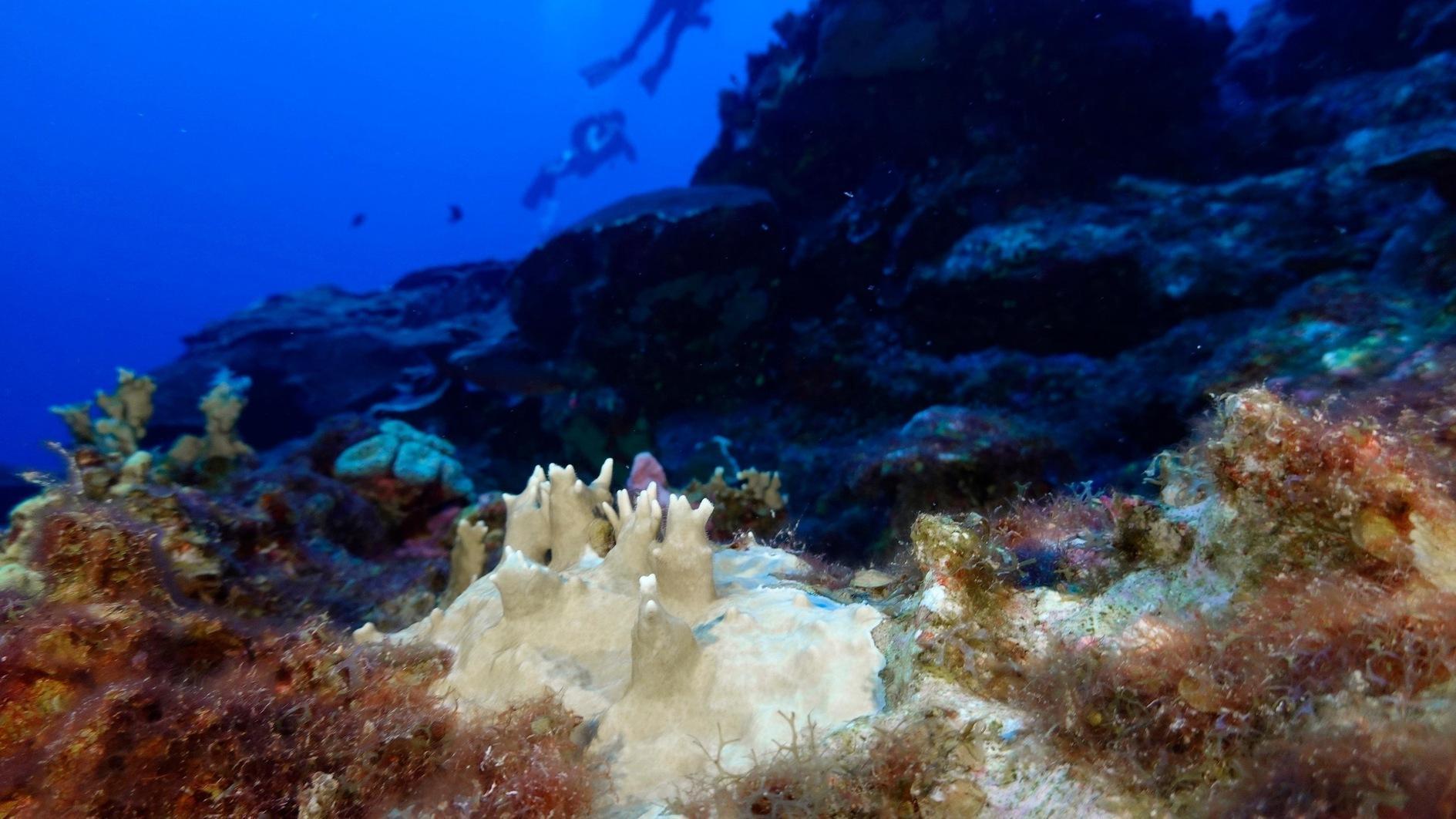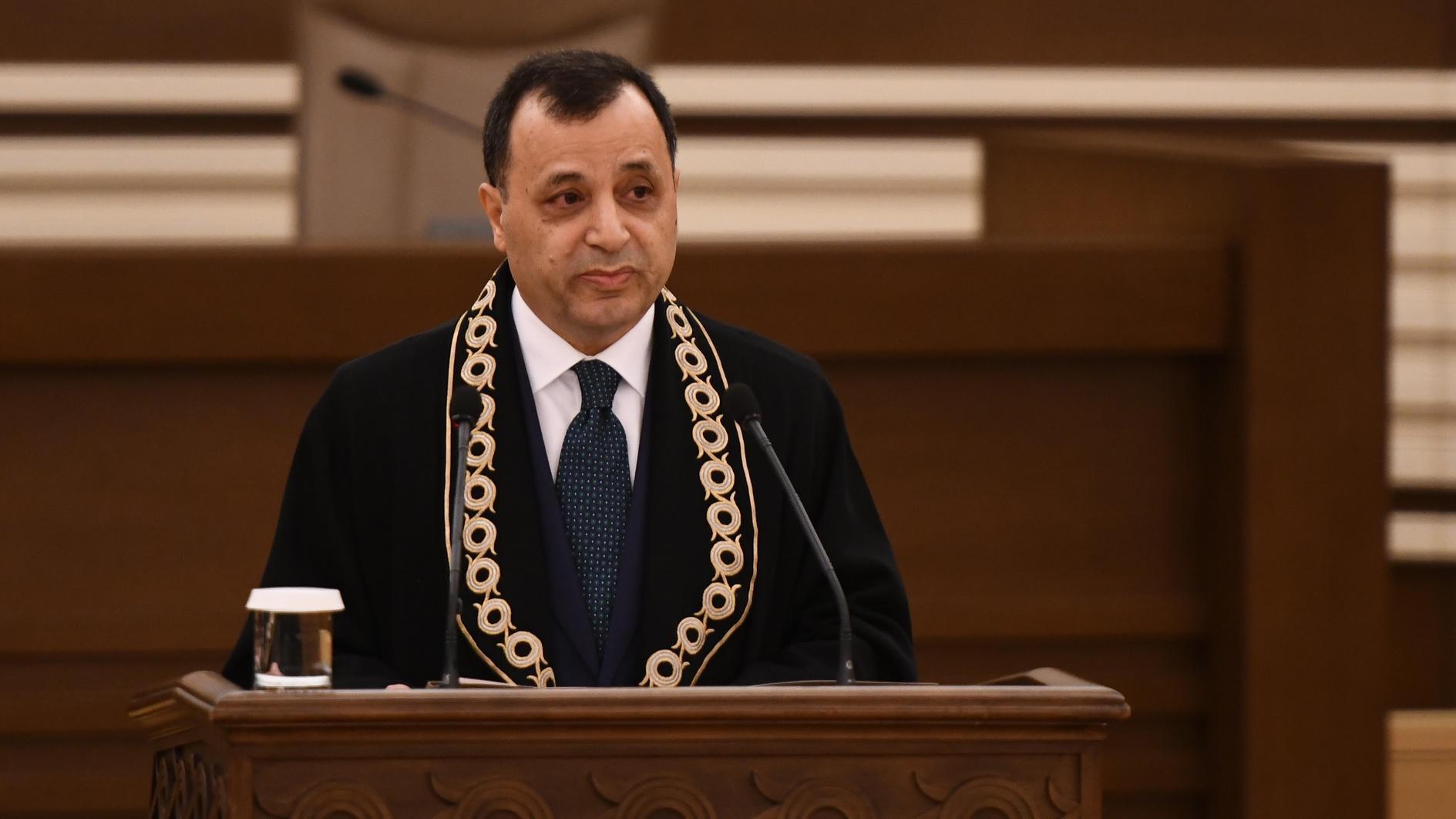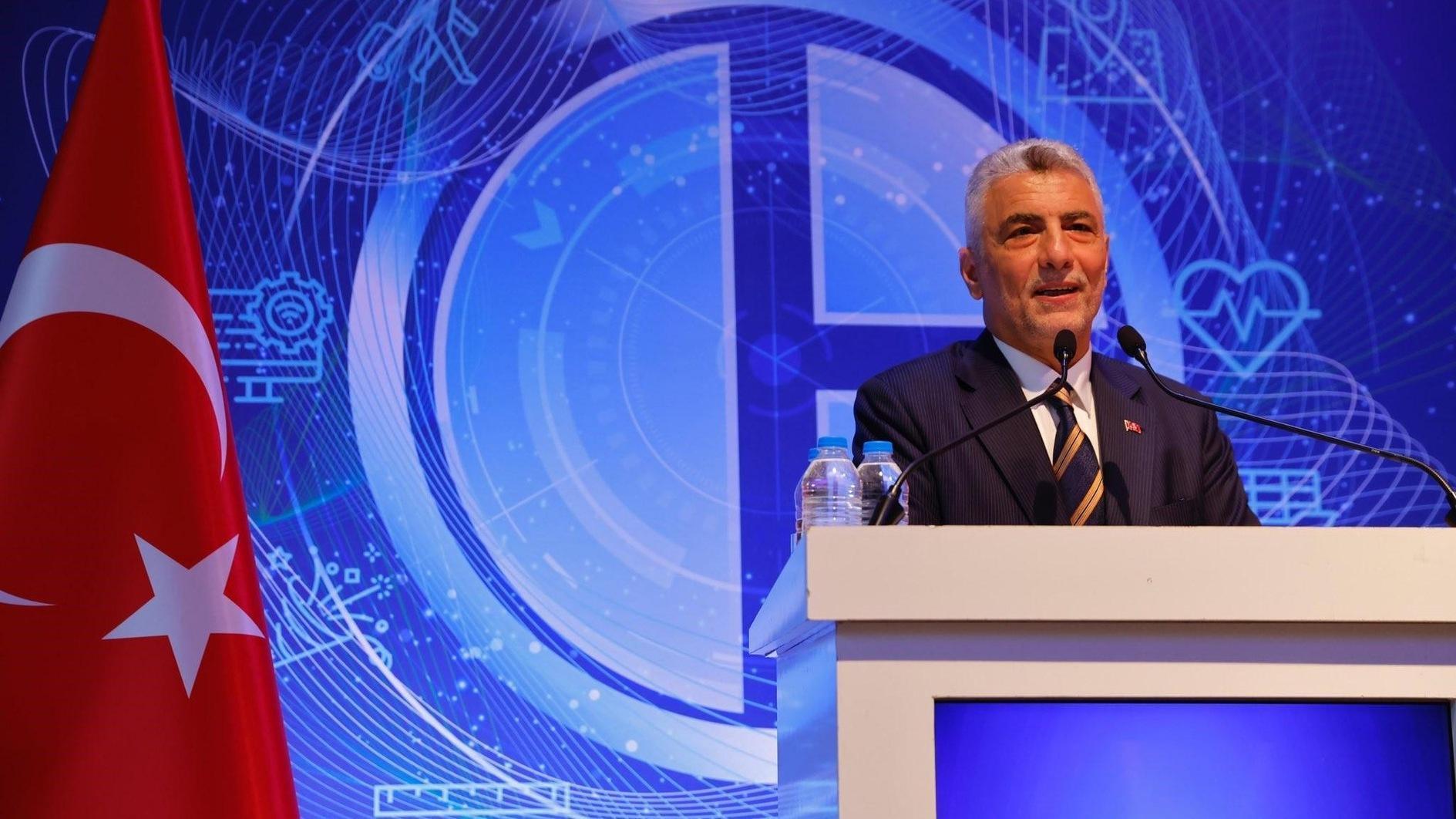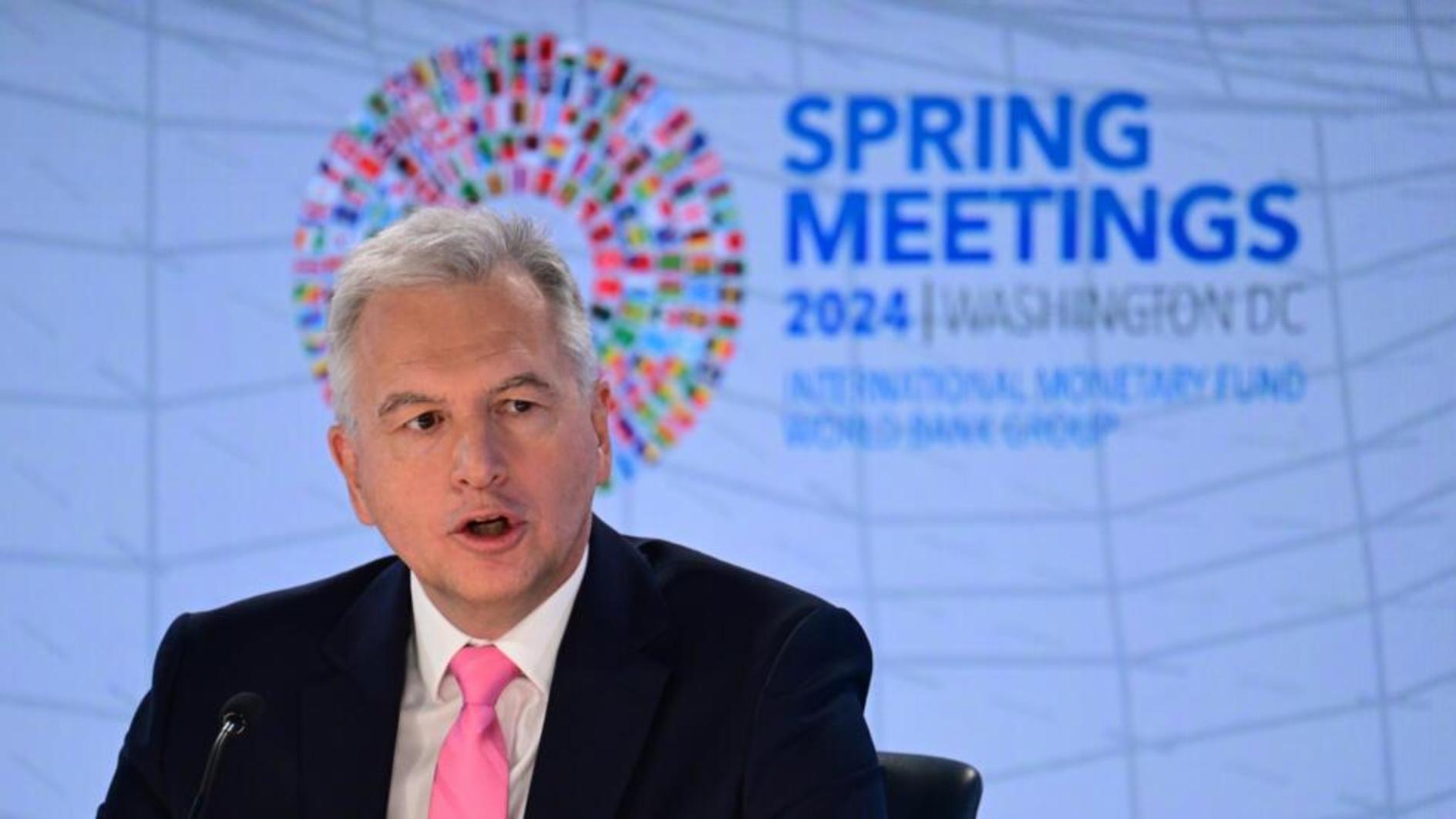The AKP’s half-truths
Justice and Development Party (AKP) executives often refer to a domestic and international “perception operation” aimed at sullying the good name of Turkey in order to undermine President Recep Tayyip Erdoğan and the AKP. They say an important part of this campaign is to push the perception that Ankara assists radical Islamist groups like the Islamic State of Iraq and the Levant (ISIL) in a desperate attempt to topple the regime of Syrian President Bashar al-Assad.
The AKP hoped its decision to allow the U.S.-led coalition to use the İncirlik airbase against ISIL, after this group’s massacre of 31 mostly Kurdish peace activists in Suruç on July 20, would put an end to such claims. This, however, appears not to be the case. Take the piece by the Independent’s Patrick Cockburn on Aug. 1. In it, he argues ISIL has not done too badly so far after Ankara’s İncirlik decision which, he points out, has not been used against this group yet because of a disagreement between Turkey and the U.S. over whether the base can be used to assist Syrian Kurds allied to Washington.
“If U.S. aircraft based at İncirlik are forbidden to attack ISIS [another acronym for ISIL] fighters when they are battling either the Syrian Kurds or the Syrian army, the militants’ two main opponents on the ground, then they will be no worse off militarily than they were before. This may explain why ISIS has responded so little to the U.S.-Turkish agreement that is supposed to deal it a crippling blow,” Cockburn wrote.
He maintained, like many in Turkey, that the government was using the cover of the deal with Washington to re-kindle the war with the outlawed Kurdistan Workers’ Party (PKK) in an effort to agitate domestic public opinion against the pro-Kurdish Peoples’ Democratic Party (HDP) and recoup the AKP’s electoral losses.
“Evidently, the HDP’s offence was to win 13 percent of the votes in Turkey’s general election on June 7, thereby depriving President Recep Tayyip Erdogan’s ruling AKP of its parliamentary majority for the first time since 2002,” Cockburn wrote.
Davutoğlu’s opinion piece in the Washington Post on July 30 was clearly aimed at trying to staunch the spread of such views. “Turkey has been fully committed to the fight against Daesh [another name for ISIL] since this monstrous organization first reared its ugly head... As a member of the international coalition formed to counter the threat, Turkey had already been deploying its national assets and capabilities to degrade this terrorist organization,” he wrote.
Even if we put aside the suspicions surrounding the arms-laden trucks caught heading for Syria in 2013, which were later discovered to belong to Turkey’s National Intelligence Agency (MİT) and which many believe were destined for radical Islamist groups, there is still reason to believe that Davutoğlu is not speaking “the whole truth.” It is hard to believe, for example, that the whereabouts of ISIL suspects picked up overnight after Suruç were not known before.
And what about TV footage of Turkish soldiers looking on as ISIL militants on the Syrian side of the border dug trenches? Would those soldiers have looked on if those were PKK militants? The disproportionate response to the PKK by the Turkish Air Force compared to the lame response to ISIL also sticks out. But the litmus test of the veracity of Davutoğlu’s claims must be his following remarks to the WP:
“With a thriving young population, a robust economy and a full-fledged democracy underpinned by all the necessary checks and balances, including a feisty press and civil society, Turkey is a success story.” This sentence alone shows who is trying to manage perceptions through half-truths aimed at diverting attention from what many can clearly see.











